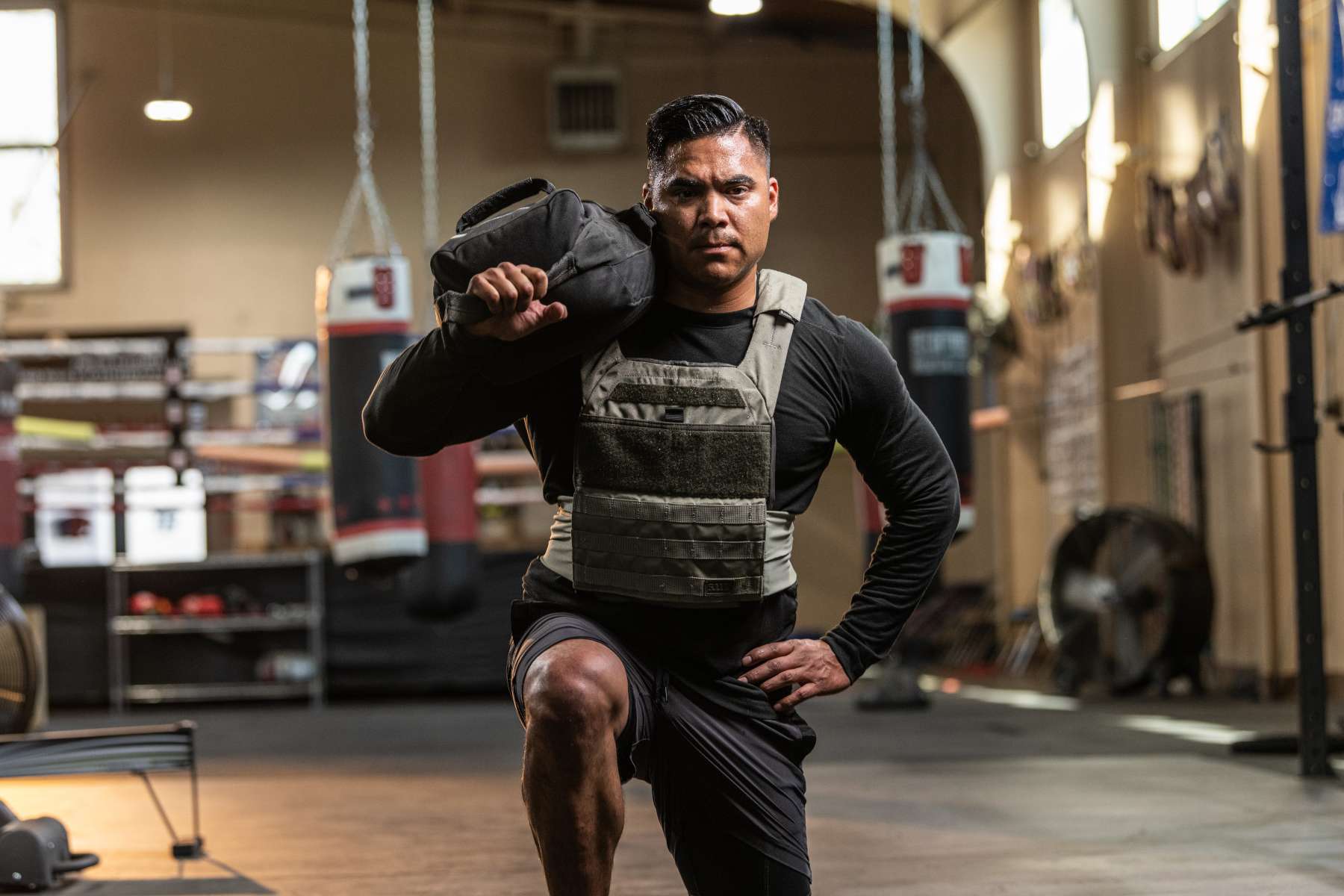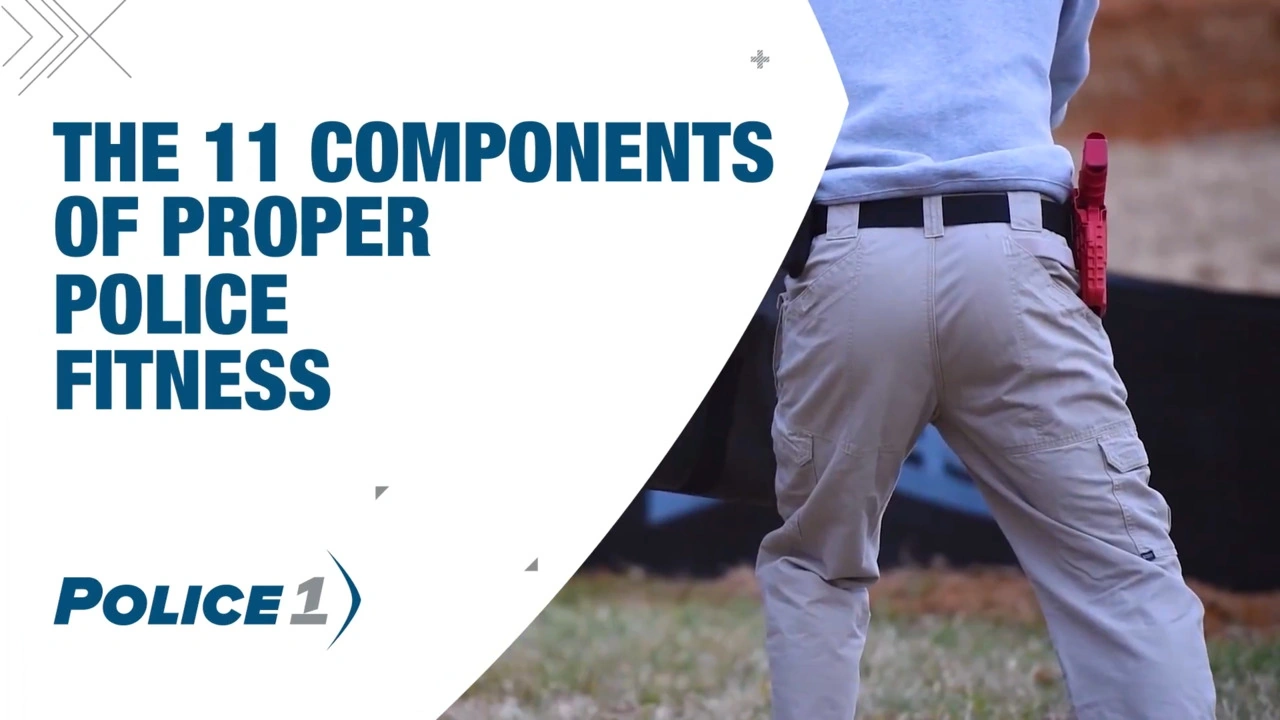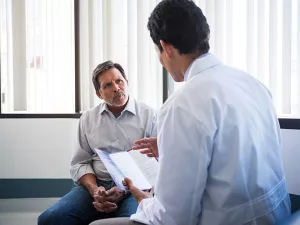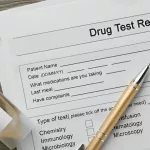Sprinting or Sitting? Let’s Get Real
Let’s start with a confession: When my cousin first made it onto the police force, he thought the job would mean constant action—parkouring off rooftops, high-speed chases, eat-your-heart-out Hollywood style. The reality? Hours of paperwork, awkward hours, and… way more sitting than expected. But when things got wild, fitness (or the lack of it) made every single bit of difference. That split-second when he needed to run or lift, being slow wasn’t just embarrassing—it was dangerous.
So, why is physical fitness important for police officers? I’ll be honest, the answer is juicier, messier, and SO much more personal than you’d think. There’s science, statistics, and a whole ton of small daily annoyances that add up. But mostly? It comes down to whether you’re truly ready—body and mind—when things get real.
Fast Responses Save the Day
When Seconds Matter, Can You Move?
Imagine you’re cruising on patrol, and suddenly—bam!—a call comes in. You’re out of the car, chasing someone who’s bolted. Heart pounding, legs on fire, breath coming hard. Have you ever tried sprinting after sitting for hours? Oof. If you’re not fit, you might not even make it a block. That’s not a dig; it’s the truth so many officers quietly confess after their first ‘oh no’ moment.
Storytime
There’s this story one of my readers told me: first chase, rookie year, thought he was in shape. Turns out, running on a treadmill is NOT the same as chasing someone through backyards, ducking fences, and vaulting garbage cans. He was “wrecked,” in his own words. Backup saved the day, but the lesson stuck—fitness isn’t an extra for police officers, it’s the ticket home safe.
And numbers back this up—officers with better cardiovascular fitness and more lean muscle (think: endurance and strength) do better on readiness assessments for pulling, pushing, and lifting. In fact, studies show that 150–300 minutes of weekly activity leads to better performance, less body fat, and fewer injuries (research on physical activity in police).
| Scenario | Out of Shape | Fit & Ready |
|---|---|---|
| Chasing a suspect | Out of breath in 30 seconds, slow catch | Stays in pursuit, catches up—often safer outcome |
| Breaking up a fight | Struggles with grip, at risk for injury | Handles situation, less force needed |
You can see how this all blends into that bigger conversation about physical fitness for police officers. If you’re thinking, “wait, is chasing really that common?”—the data shows tens of thousands of officers are assaulted every year, and being in shape isn’t about having a six-pack. It’s about being able to keep yourself and your community safe when things hit the fan.
Strength: The Quiet Superpower
Why Muscles Matter (Even the Ones You Forget)
Let’s switch gears. It isn’t all about running—you don’t need to look like a superhero. But have you ever tried lifting another adult? Or carrying heavy gear, sometimes with zero warning?
Good physical fitness means less strain, quicker recovery, and way fewer back injuries (trust me, nobody wants those). Officers strong in their core and legs can do the tough stuff like dragging an injured person, breaking down a door, or even just standing for hours without feeling wrecked at the end of the day.

Personal Touch
My friend Sarah, a petite officer, used to struggle with soreness after her shifts. She started with simple bodyweight exercises and added a bit of weight training (nothing wild). Not only did her aches melt away, but—her words—she “felt unbreakable” during a wild foot pursuit where she had to lift and support a partner. That time, she wasn’t the one who needed backup.
And when you think about responsibility on the job? Fitness is a kind of promise to your team and your community. Like, “hey, you can count on me if things go wrong.” That’s a point well made in how does law enforcement officer show they take responsibility for their actions—because showing up fit isn’t just about muscles, it’s about having everyone’s back, including your own.
Handling Stress? Fitness Is Your Shield
Mental Grit, Thanks to Moving
Okay, here’s something most people don’t talk about: police work is stressful. Like, hardcore, grind-your-teeth-at-night stressful. Ever had a day where your mind just. won’t. stop? Now imagine that, but you’re responsible for other people’s safety, too.
Turns out, physical fitness is a secret weapon—regular exercise lowers anxiety, keeps your “get up and go” strong, and builds resilience you can actually feel in your bones (wellness research for law enforcement). Even those sweaty, “why am I doing this?” gym sessions pay off when your emotions are swirling and you need to snap back to alert in seconds.
Anecdote Spot
Heard of Officer Jim? He used to grab fast food between shifts, skip workouts because he was “too tired.” What flipped the script was hitting a wall with burnout—couldn’t sleep, felt cranky every day. He finally started jogging with a partner from the department (short—really short—runs at first). A few months later, not only did his mood settle, but his doctor gave him two thumbs up for lower blood pressure and better health markers. Fitness didn’t cure all—but, his words, “it made the job feel human again.”
And yes, according to wellness studies, regular physical activity—just 30 minutes a day, not even all at once—can help keep stress, heart issues, and even depression at bay (international perspectives on police fitness).
Career Longevity: Playing the Long Game
Fit Cops Last Longer—Literally
This bit always hits home: being an out-of-shape cop isn’t just hard on Sunday morning basketball. It’s the difference between retiring on your own terms versus an injury or chronic health problem cutting your career short.
The facts are a little grim—injury risks, heart disease, even a shortened post-retirement lifespan are way more common for officers who don’t keep active (law enforcement lifetime health). But there’s a surprisingly positive side: Staying active, even in small ways, can seriously delay the decline. Literally, fit officers tend to live not just longer lives—but way, way healthier ones after leaving the force.
Quick Comparison Table
| Career Aspect | Out of Shape | Fit & Consistent |
|---|---|---|
| Injury risk | Higher; sidelined, possible career-ending | Lower; faster recovery, stays on the job |
| Reputation | Might lose community respect | Seen as reliable and committed |
| Retirement | More health problems, shorter lifespan | Active, higher quality of life |
This links right back to responsibility—if you’re wondering how does law enforcement officer show they take responsibility for their actions…it’s things like showing up for fitness tests, setting a good example, and just plain being the teammate people can rely on.
The Reality Check—Why It’s Tough
The Hidden Enemies: Fatigue, Time, Age
The truth? It’s not easy to stay fit on a police schedule. There’s shift work, constant fatigue, and hey—who wants to work out after a 12-hour night shift? But here’s the kicker: The ones who carve out even a little time for physical activity, those are the folks who bounce back faster, handle stress better, and keep soreness (and extra pounds) in check.
One major study showed that 73% of officers got less than 150 minutes of moderate to vigorous exercise per week. That…is less than the recommended minimum, and it drops even more with age (global trends in police exercise). So if it feels hard, you’re definitely not alone! Sometimes, just starting with short, brisk walks between shifts—or a few push-ups at home—is enough to break out of that rut.

If you’re curious what counts, the team at physical fitness for police officers put together routines specifically for crazy law enforcement schedules. Worth a look if you’re tired of generic gym advice.
Accountability & Community: It’s Bigger Than Just You
How Your Fitness Sets the Bar
This is the part that gives me chills. Yes, fitness keeps you safe. But it also sends a silent message—to your community, your team, even your family. It says: “I’m here for you. I’ve got your back.” Want to know how does law enforcement officer show they take responsibility for their actions every single day? Sometimes, it’s by doing the extra 10 minutes of stretching or taking the stairs at work.
That’s not fluffy self-help—that’s setting a standard. Offenders are less likely to challenge an officer who looks fit and alert (law enforcement safety and fitness). And younger recruits? They watch. They follow. Fitness pays forward.
The Takeaway: Yes, You Can Start Today
So, why is physical fitness important for police officers? Because every officer deserves to get home safe, manage stress, and retire with stories, not injuries. Because your team needs you strong. And—honestly—because you only get one body, and it matters more than the badge alone ever could.
The path isn’t complicated, but it is personal. Start small: Stretch during downtime. Swap sugary snacks for a light walk. Grab a workout buddy if you can. Use that in-between time for quick, meaningful moves. Peek at resources like physical fitness for police officers if you need fresh ideas—there are more tools out there than ever. And if you ever wonder if it’s “worth it”? Remember every story, every close call, and every partner who grabbed your hand at the end of a wild shift. They’d say yes, every time.
Your actions ripple out, keeping more than just you safe. What will your next step be? (And if no one’s told you lately, you’ve got this.)

























Leave a Reply
You must be logged in to post a comment.